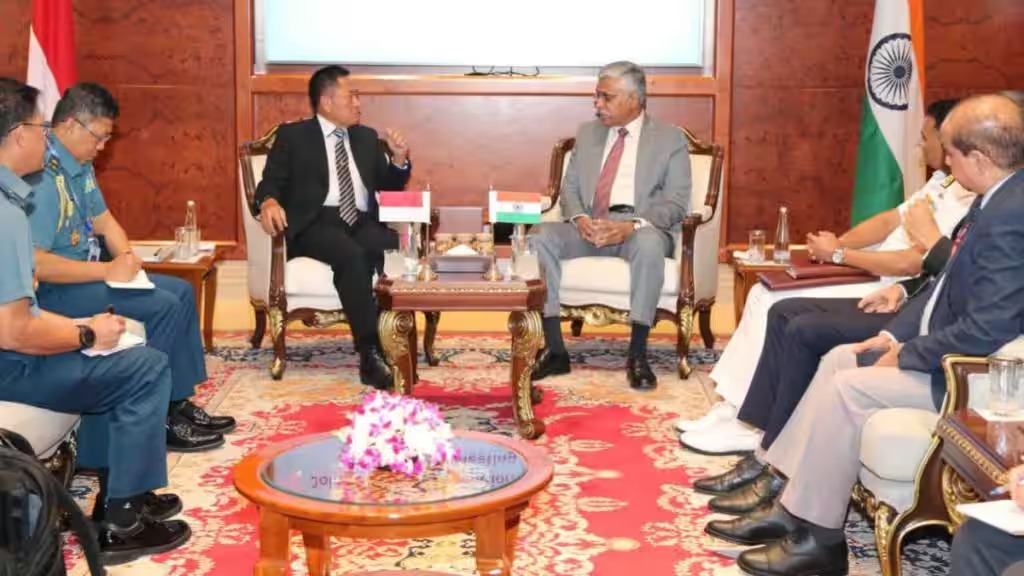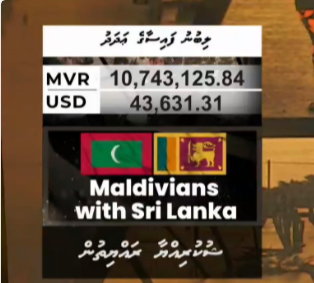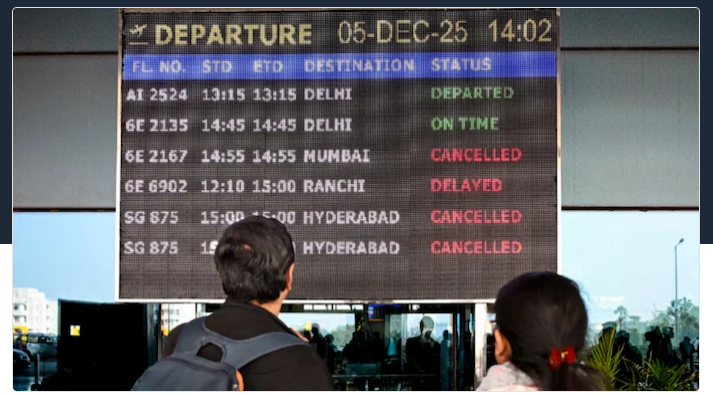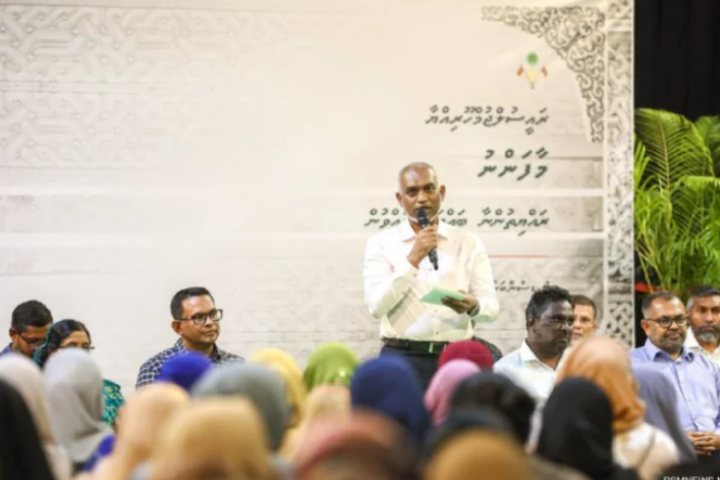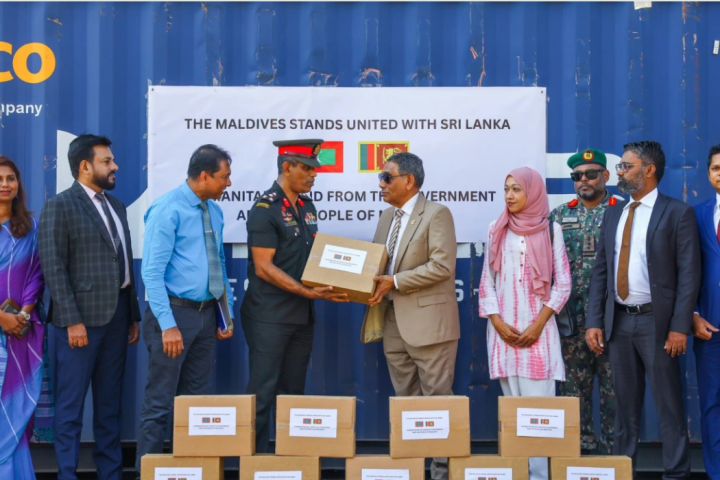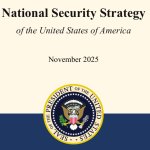India and Indonesia, bolstered by their Comprehensive Strategic Partnership, have pledged to enhance their defense, maritime security, and multilateral cooperation efforts in alignment with the Act East Policy.
During the 7th India-Indonesia Joint Defence Cooperation Committee (JDCC) meeting in Delhi, officials from both nations expressed satisfaction with the advancements in their defense collaboration. The meeting, co-chaired by Indian Defence Secretary Giridhar Aramane and Secretary General of the Indonesian Ministry of Defence, Air Marshal Donny Ermawan Taufanto, underscored the progress made on various bilateral defense cooperation initiatives, as discussed in meetings of the Working Groups on Defense Cooperation and Defense Industries Cooperation.
India’s Act East Policy, introduced in November 2014, serves as a diplomatic framework to foster economic, strategic, and cultural ties across the Asia-Pacific region.
The Secretary General of Indonesia visited key Indian defense establishments, including the Defence Research and Development Organisation (DRDO) Headquarters in New Delhi, as well as TATA Advanced Systems and L&T Defence facilities in Pune. Discussions held with Indian defense industry partners, such as Mazagon Dock Shipbuilders Limited, Mahindra Defense, and Bharat Forge, focused on bolstering defense industrial capabilities through collaborative research and joint production.
Moreover, the inaugural India-Indonesia Defence Industry Exhibition – Cum seminar in Jakarta witnessed the participation of approximately 36 Indian defense companies, including both public and private sector entities, aimed at fostering deeper engagement in defense industry collaboration.
The JDCC meeting emphasized the exploration of avenues to enhance existing areas of collaboration, particularly in defense industry ties, maritime security, and multilateral cooperation.
According to analysis by the East-West Center, India perceives Indonesia as a strategic partner pivotal to advancing its Act East Policy objectives. Geographically proximate and sharing a maritime boundary, the two nations are mutually invested in each other’s development, stability, and territorial integrity. Additionally, they confront similar challenges as pluralistic democracies and developing societies, as highlighted in the analysis.
